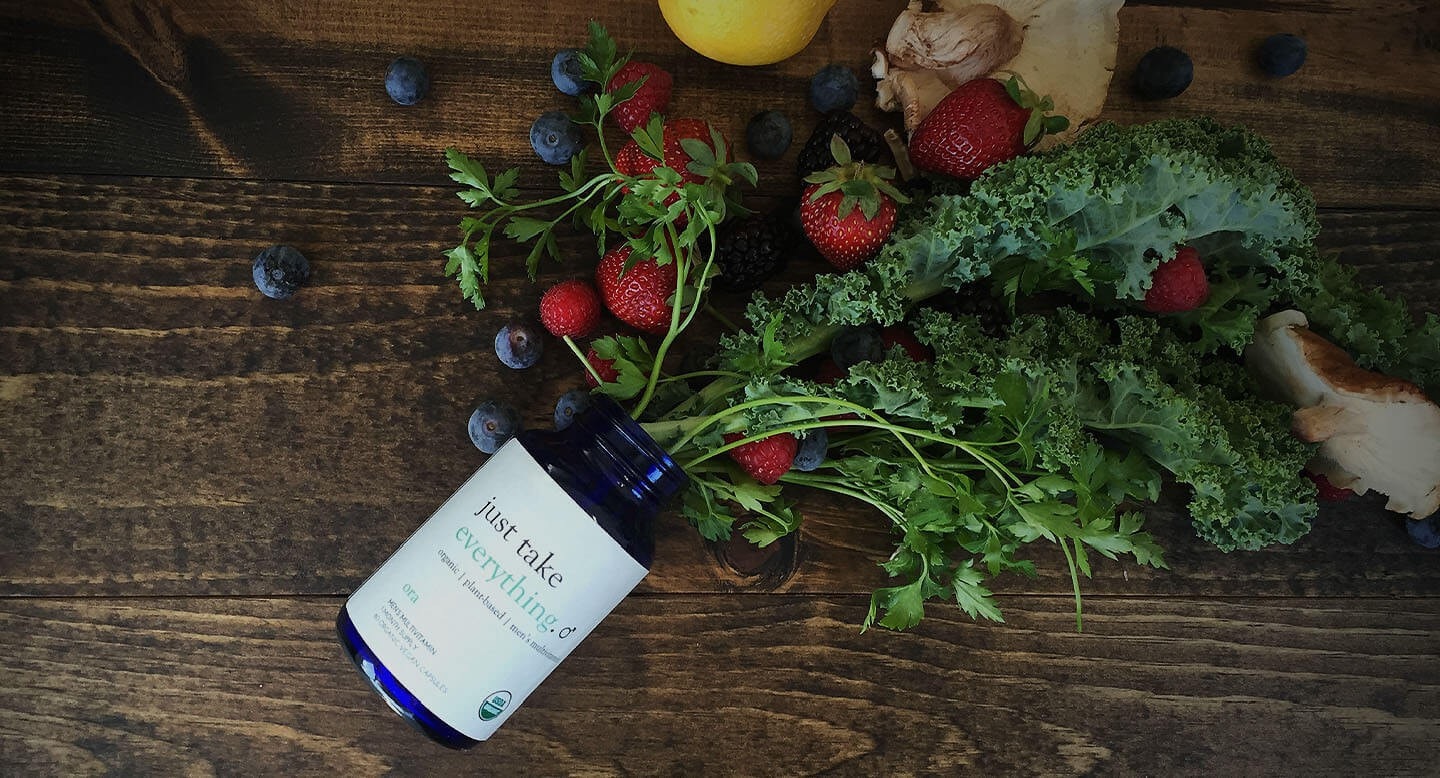Supplements Which Greatly Improve Crohn's Disease
Crohn’s disease is a form of irritable bowel disease that is characterized by inflammation and bleeding of the gastrointestinal tract. Most treatments include medications that are prescribed by doctors and come with a host of side effects. To reduce symptoms naturally and increase the odds of going into remission, try these supplements that help fight inflammation, reduce bleeding and boost the immune system.
6. Whole Food Plant Based Multivitamin

Absorption of nutrients occurs in the small intestine. But Crohn’s disease causes inflammation and bleeding in the gastrointestinal tract, which can prevent many essential nutrients from being absorbed. Because of this, many people with Crohn’s disease would benefit from taking a whole food plant based multivitamin, or a multivitamin that gets its nutrients from whole food plant-based sources such as fruits and vegetables. In addition to taking a whole food plant based multivitamin, a person with Crohn’s disease will also benefit from eating a whole food plant-based diet that is high in fiber and protective antioxidants. Follow the directions on the back of the multivitamin bottle for recommended dosages and be sure not to exceed that amount. Although most vitamins are safe, some can be toxic when taken in excess amounts.
5. Turmeric

Turmeric is an Indian herb that has powerful anti-inflammatory benefits, which are great for reducing inflammation in the digestive tract. Curcumin is the active ingredient in turmeric that is needed to absorb the turmeric. Black pepper also aids in the absorption of turmeric. Persons with Crohn’s disease have an increased risk of developing colon cancer. Turmeric also has powerful anti-cancer properties that may combat this risk. The recommended dosage of turmeric is 900 mg per day. This can be broken up into three 300 mg pills per day. Be sure the turmeric supplement contains at least 95 percent curcumin for absorption.
4. Bromelain

Bromelain is an enzyme found in pineapples that has potent anti-inflammatory properties. Bromelain is especially great for healing digestive inflammation. It is an enzyme that is specifically used to digest protein, which may be able to help persons with Crohn’s disease digest and absorb their nutrients more efficiently. The recommended dose of bromelain in supplement form is 500 mg to be taken with meals.
3. L-Glutamine

L-glutamine is an amino acid that is known for its protein building effects. Most people take l-glutamine as a workout supplement to build muscle. But many people do not know that it is also great for digestive health. L-glutamine reduces the bleeding associated with Crohn’s disease. It also protects the mucosal lining of the gut and improves the gut barrier function, which prevents the infection from spreading to other parts of the body. Because l-glutamine is an amino acid, it will draw water out of the colon. So be sure to drink lots of water while taking l-glutamine to stay hydrated and support bowel flow. Up to 8000 mg of l-glutamine can be taken per day, but start slow and only increase as needed. Some people find relief from a very small amount.
2. Probiotics

Probiotics are the “good” bacteria present in the gut. They work by supporting digestive health and boosting the immune system. Approximately 70 percent of the immune system resides in the gut. So when the gut is healthy, the rest of the body will be as well. Probiotics are naturally found in fermented foods. They can also be taken in supplement form. The dosage depends on the seriousness of the disease. Some supplements contain as many as 50 billion cultures per capsule. Most people will experience improvement in their symptoms with as little as one billion.
1. Omega 3 Fatty Acids

Omega 3 fatty acids work by reducing inflammation, which can help stop abdominal pain associated with Crohn’s disease. They are found naturally in plant-based sources such as flaxseed and chia seeds. You can also get a healthy dose of omega 3 fatty acids by using flaxseed oil in place of other oils.